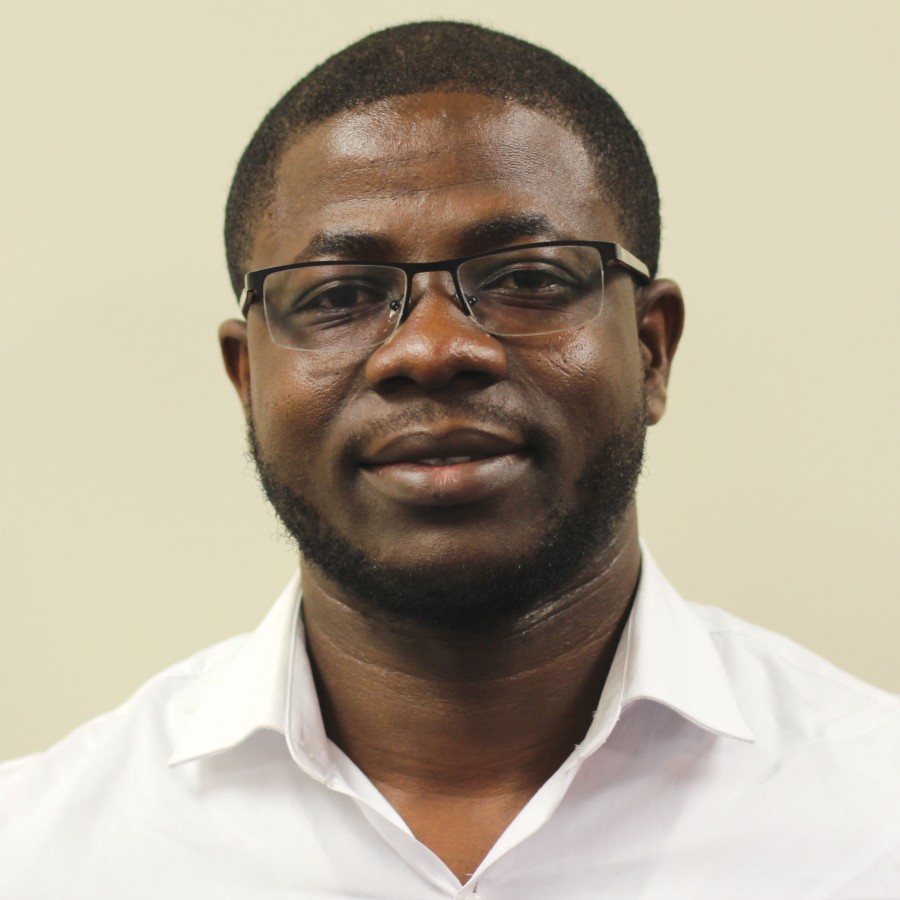Abayateye: What defines us as humans
“Where are you from?” “Why are you here?” “Do you like it here?” “Will you go back home?” These are questions that every immigrant, I believe, has had to answer at some point. Naturally, one wants to know why that random ‘stranger’ just came to town. Often the intention behind these questions cast shadows on a fundamental social issue — the definition of the human identity.
For so long we have used national territorial markers to divide and group humans into mutually exclusive categories that sometimes pit one group against the other. For instance, why does the U.S. and Russia or North Korea always seem to be fighting each other? There is a common belief that national boundaries are fixed and that people must either belong to one or the other. These categories promote suspicion, misunderstandings and unhealthy rivalry which deprives us of the benefits of people, places and their cultural uniqueness. But could there be another way to define people? Well, the alternative is to define people not according to their national affinities or allegiances to national flags, but by their daily experiences of local places.
Recently, I had some serious reflections on the subject especially after I listened to Taiye Selasi’s TED Talk. Her argument is that our human experience is influenced by our relationships, daily rituals and the physical, emotional and legal restrictions that make it difficult to interact. And we can talk of ‘multiple-locals’ in identifying people rather than using the status quo statehood description. I find this to be true.
According to her, our most intimate relationships with friends, neighbors, housemates or even long-distance friends and relatives shape our everyday experiences of place, society and country. Working out at the gym, buying coffee from the local cafe or saying a prayer in the morning has nothing to do with our nationalities. Sometimes these activities make us feel at home, although for the immigrant, he’s probably thousands of miles away from where he’d conventionally call “home.” Some immigrants also face difficulties getting truly integrated into their local communities even after living in these places for decades. He is still an “outsider” and a “stranger” because in the minds of “natives” — those with bona fide rights to belong to the community — he’s still that stranger from India, or Nigeria, or Afghanistan that should be “cautiously welcome.”
It is important for us to know that societies evolve with time, and humans change as well. For instance, while I speak of Ghana with euphoria as my “home country” and sorely long to be home, I’m also aware that the country I left behind will not be the same when I return. But one thing that will not change is my experience and the relationships I built with family, friends and my community while I was still there. When I talk of missing home or going home, I don’t say that in mere reference to going to Ghana as a country artificially created. Rather, I say that as a tribute to these relationships and experiences I had.
The point is that while my idea of Ghana as my country of birth changes, my experiences and memories of Sege-Ada, the small village where I had my experiences does not change. It is still my home, but Toledo, Ohio is equally my home. It is where I experience America today, earn my livelihood and share wonderful relationships that shape my emotional being. By this, I’m free to talk of “my homes” rather than “my home.”
And just as I did in Sege-Ada, I’ll continue to accumulate new experiences in Toledo and in any other place that I’ll live. These will be my homes. After all, the idea of a home is a place that makes us feel safe, loved and appreciated. And wherever I’m free to experience these, for me, is my home.
What defines us as humans is not the traveling passports we carry, it is not the national anthems we sing, it is not even our accents, or skin color. It is the sum of these shared experiences we have in our local places. It’s true that we all live in some country or the other, but our experiences of these countries are shaped in local cities, neighborhoods, our work places or even our homes. Defining who we are isn’t complete if we can’t include an idea of life and nationhood that includes our common experiences as people.
So next time you see me feel free to ask me about where I come from, why I am here, if I like it here and whether I’ll go back home. For me, it is another exciting opportunity to have a dialogue about our common identity as humans. But don’t be surprised if I told you that Toledo is my home. Of course, I’m a proud native of Sege-Ada but I’m equally here at home in Toledo and I’m excited about my experiences in this new home. I have “homes,” not just “a home.”
Philemon Abayateye is a doctoral student in geography and planning.










